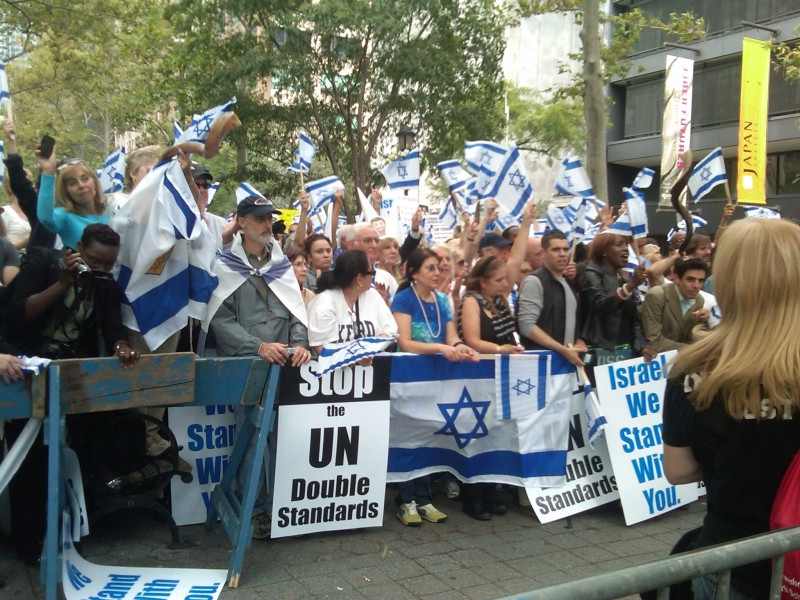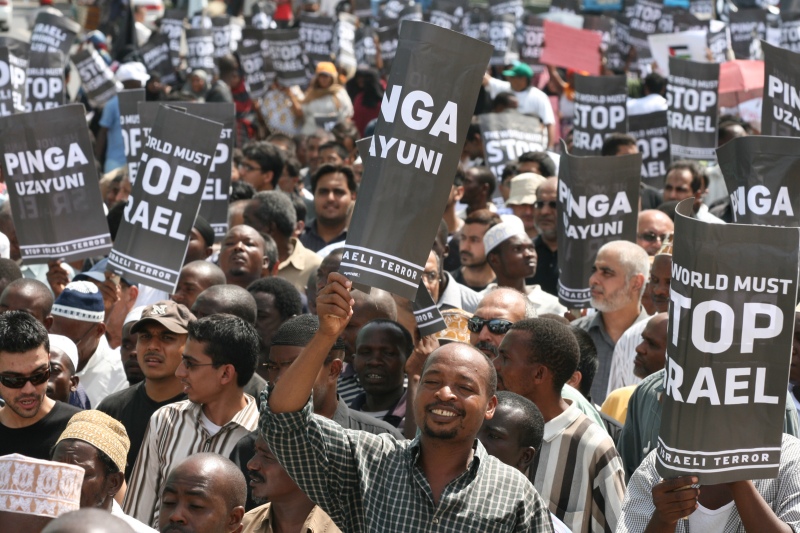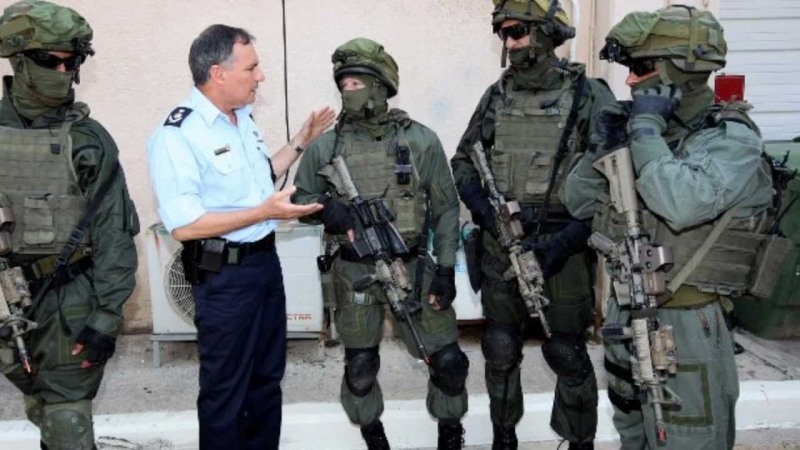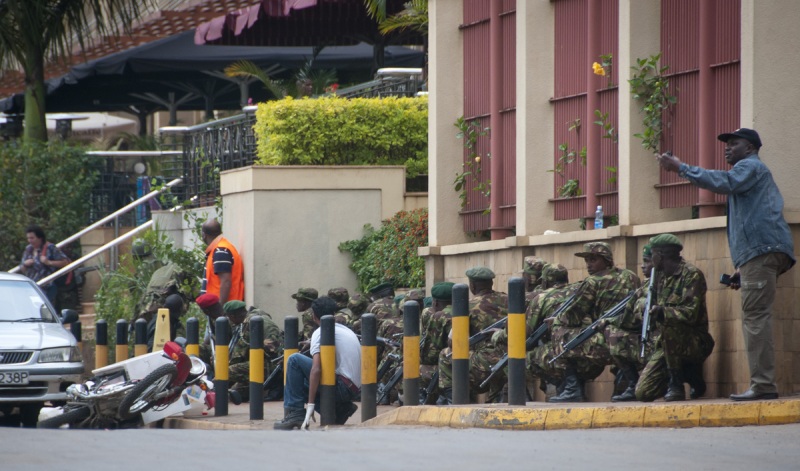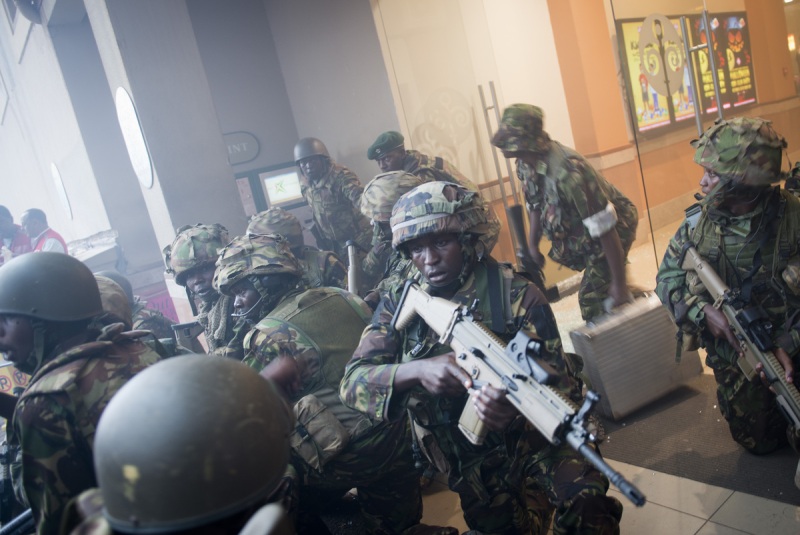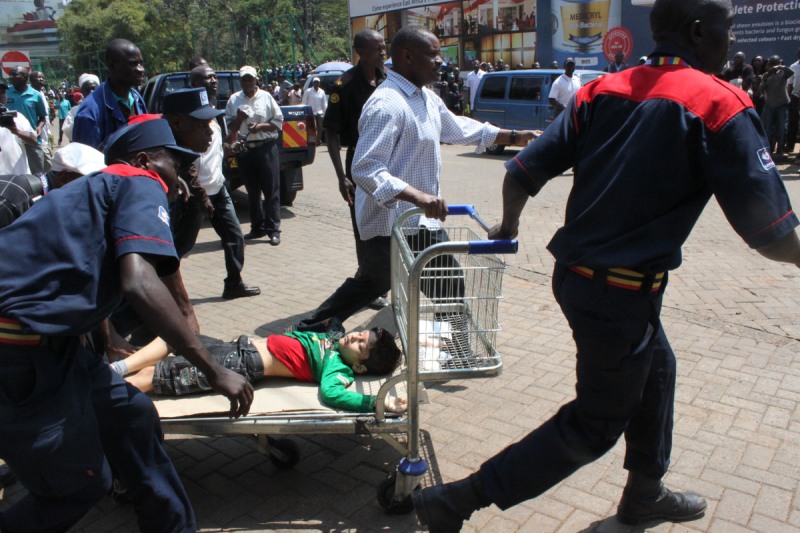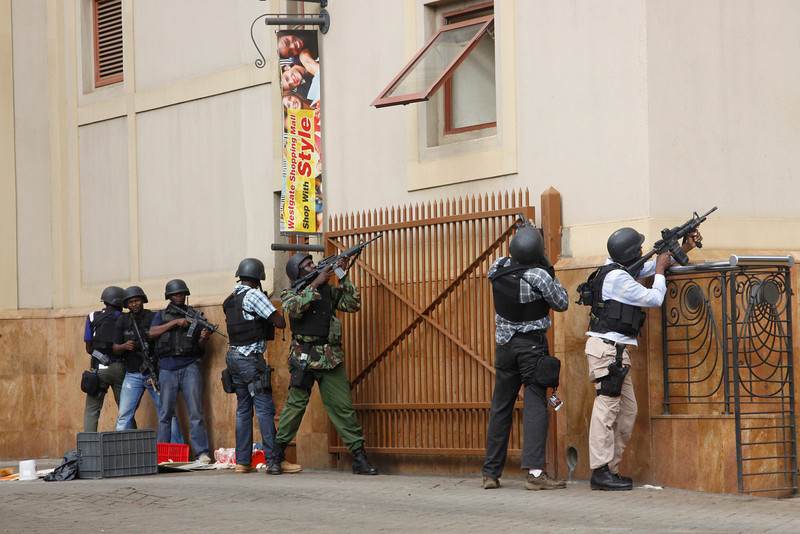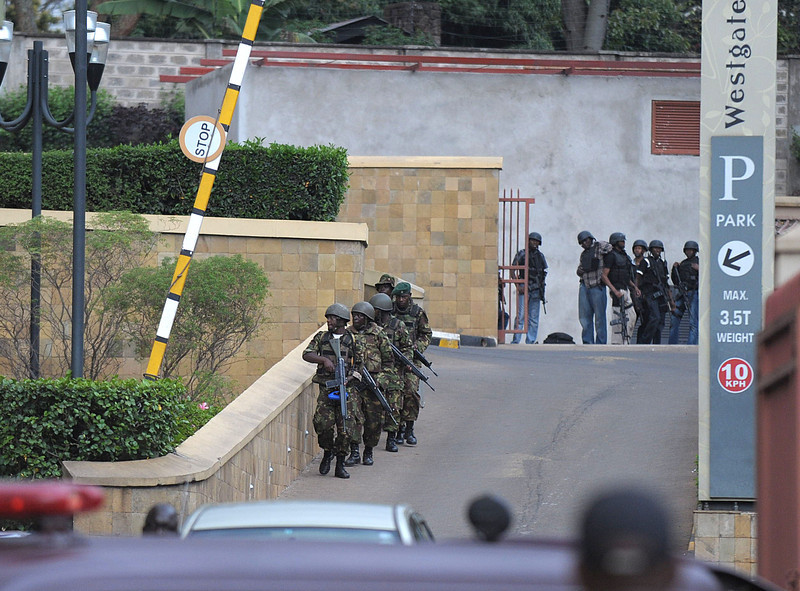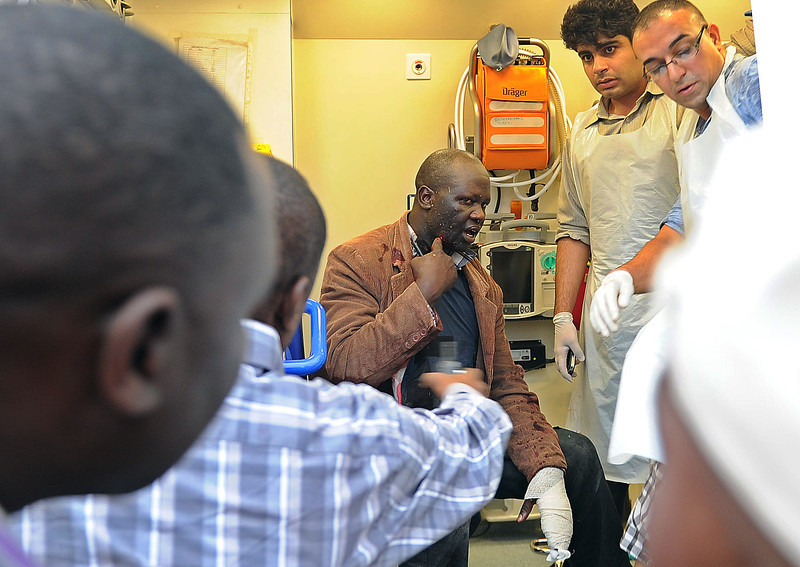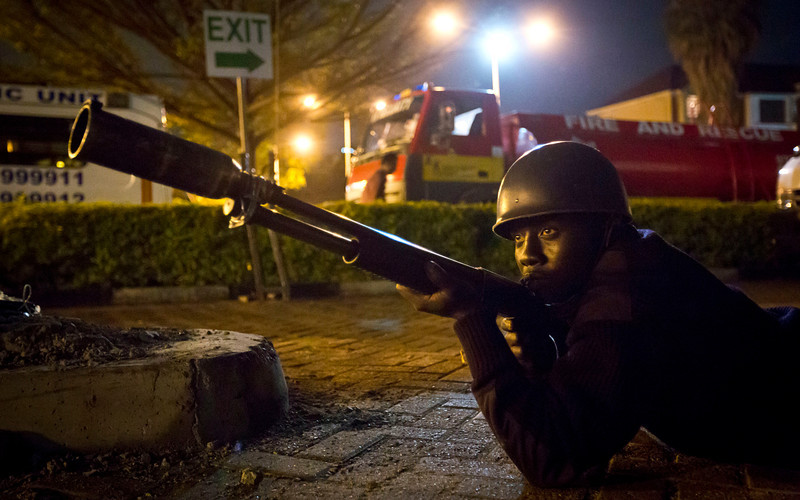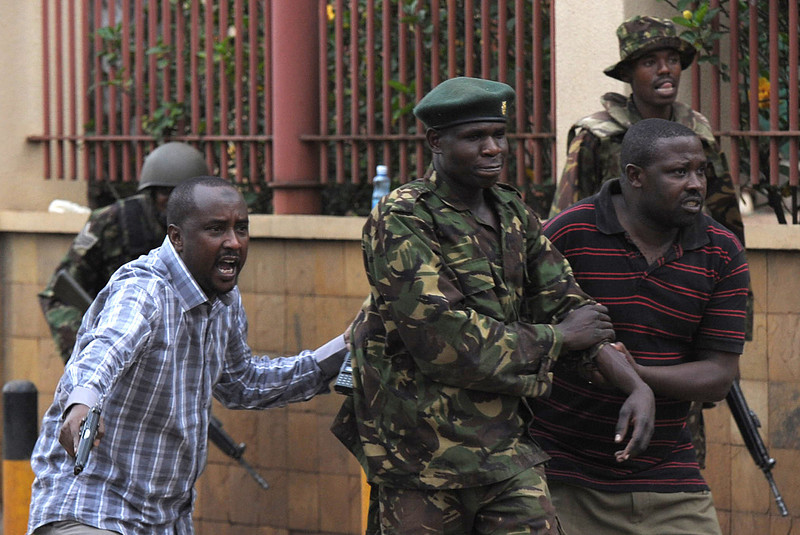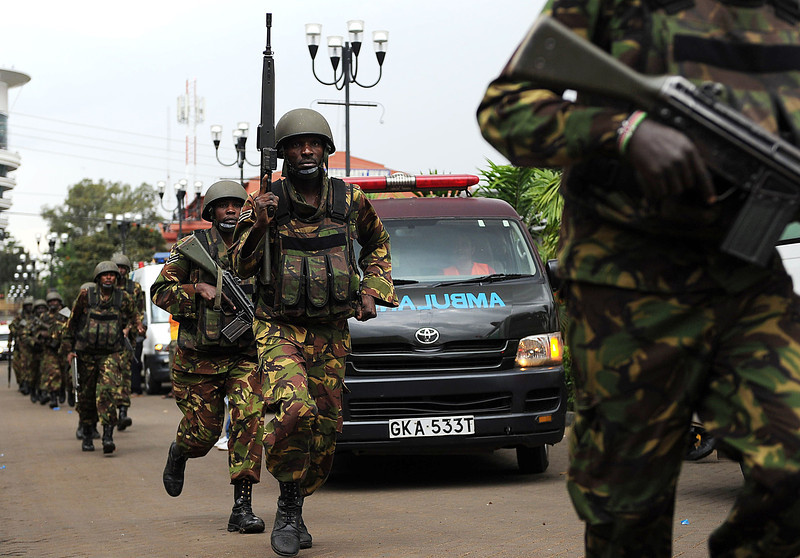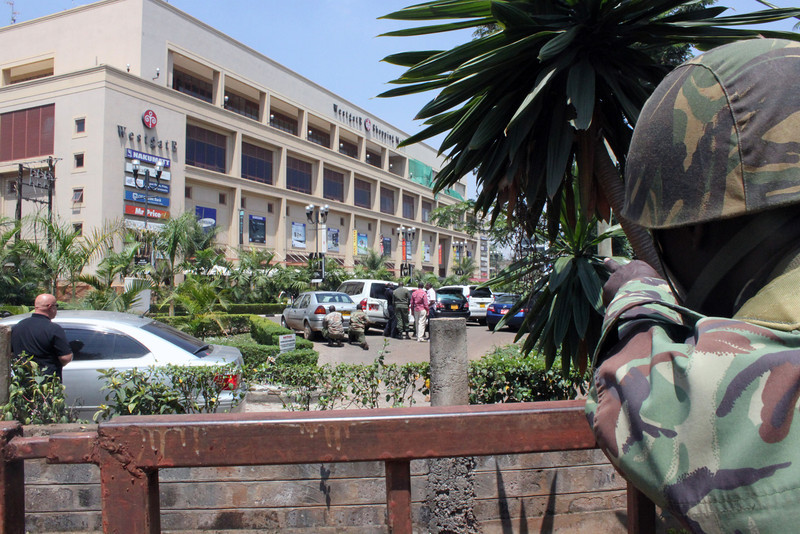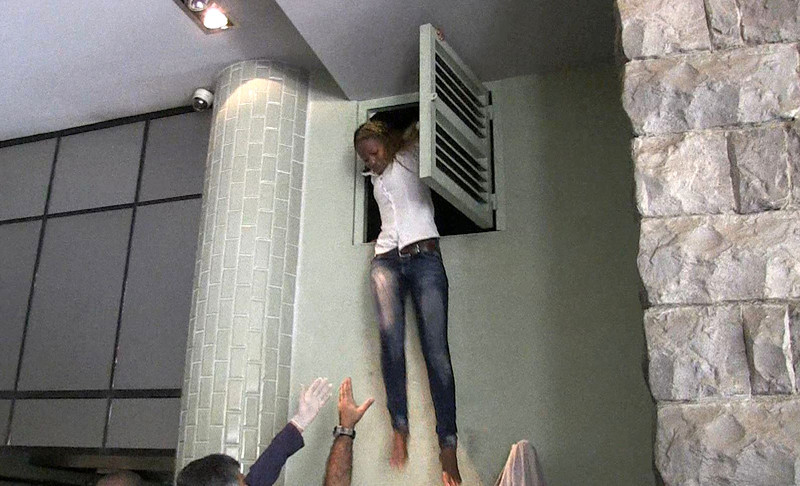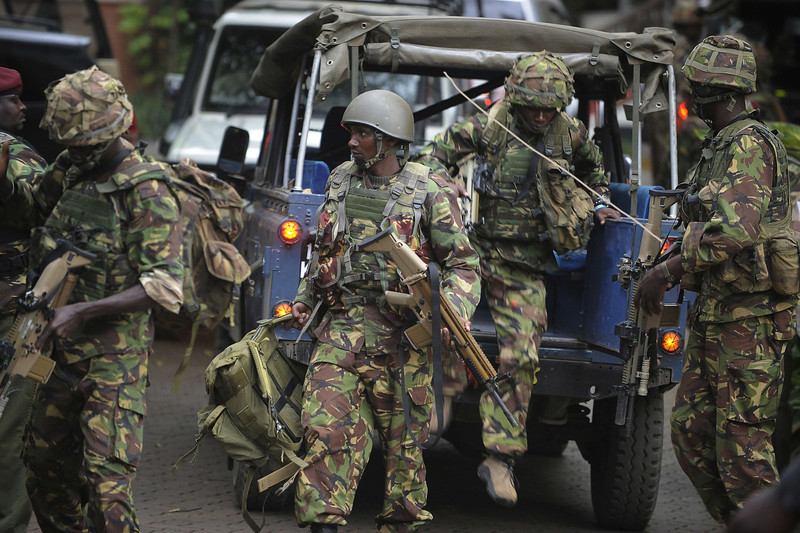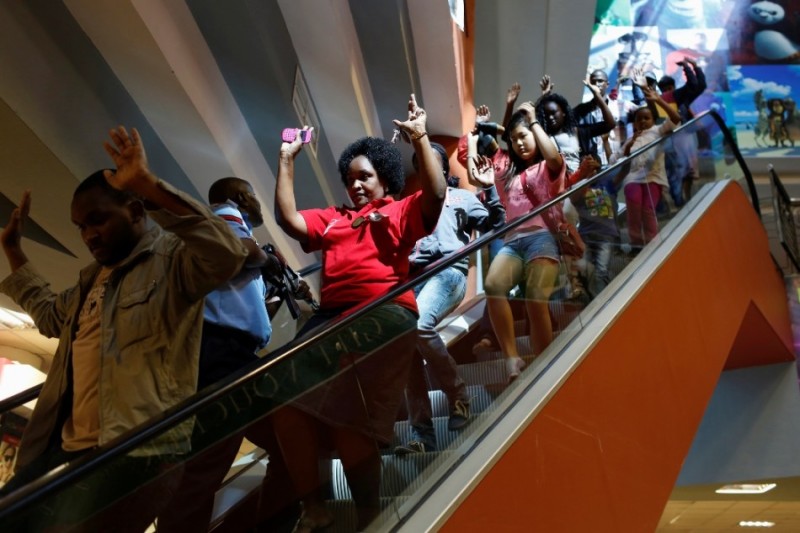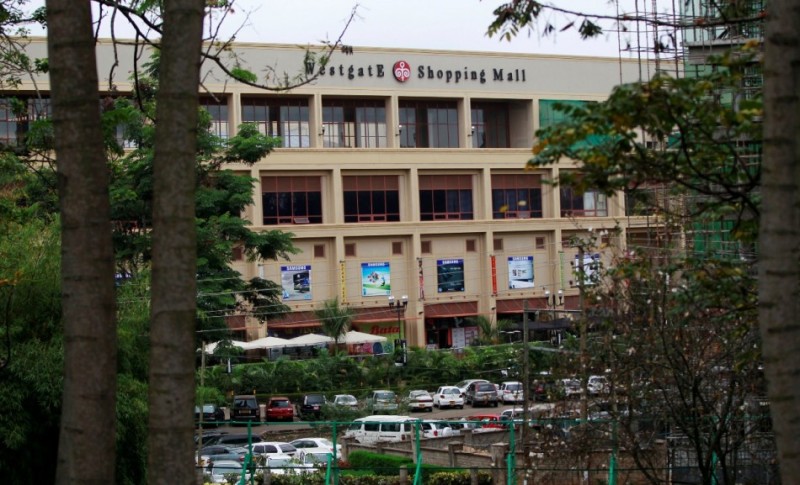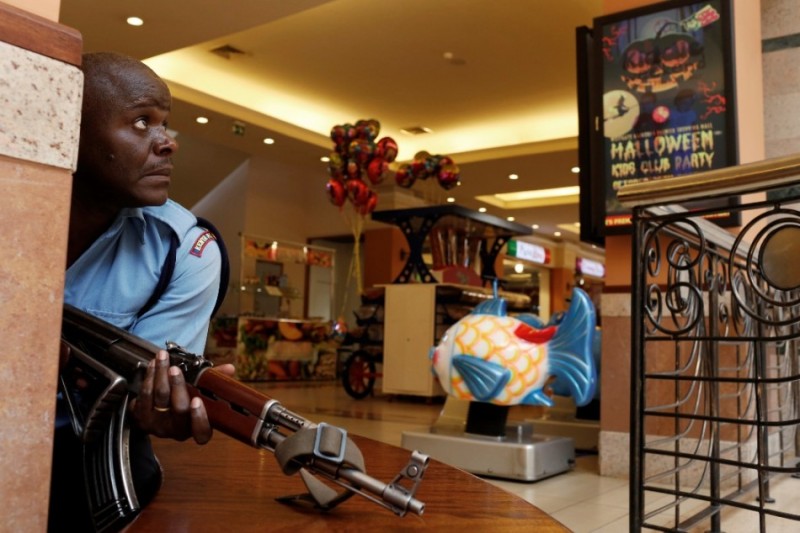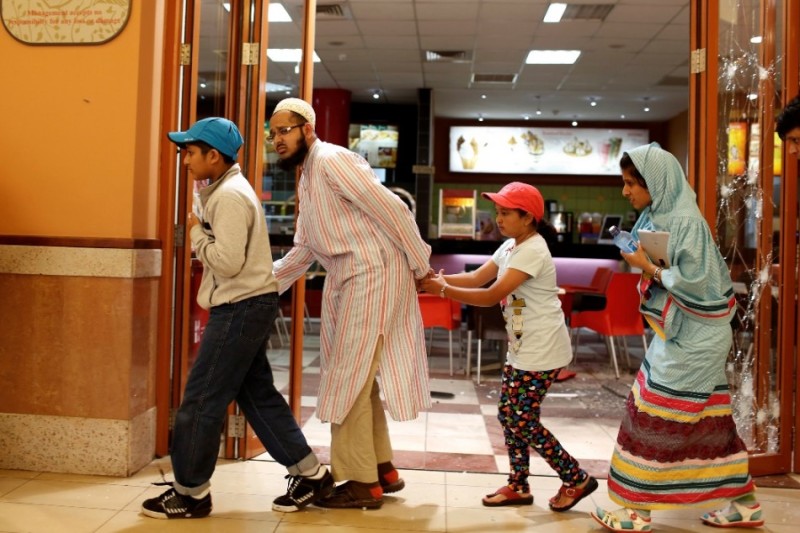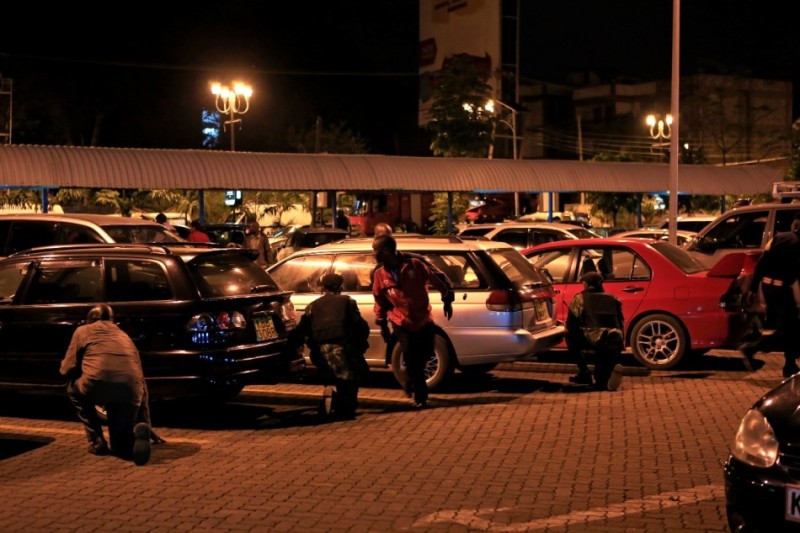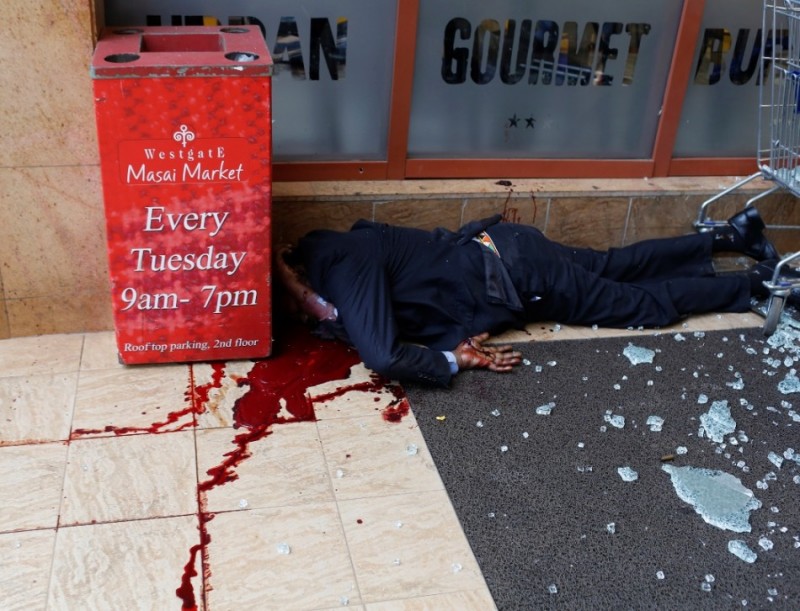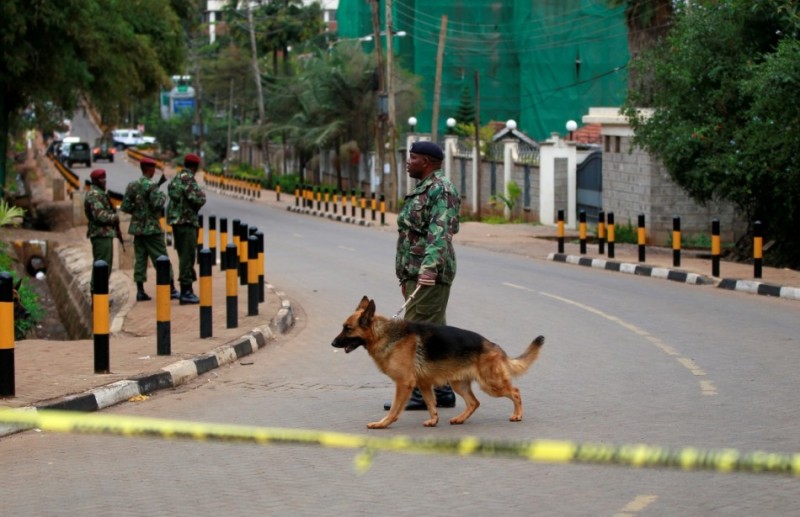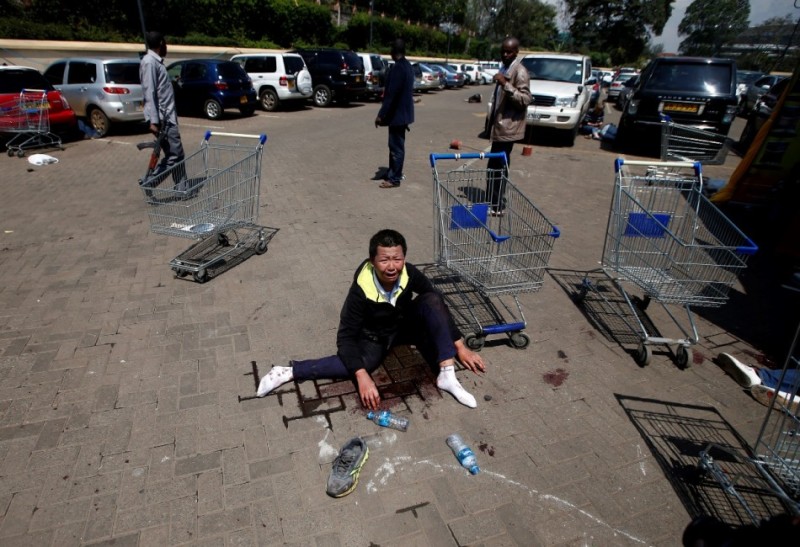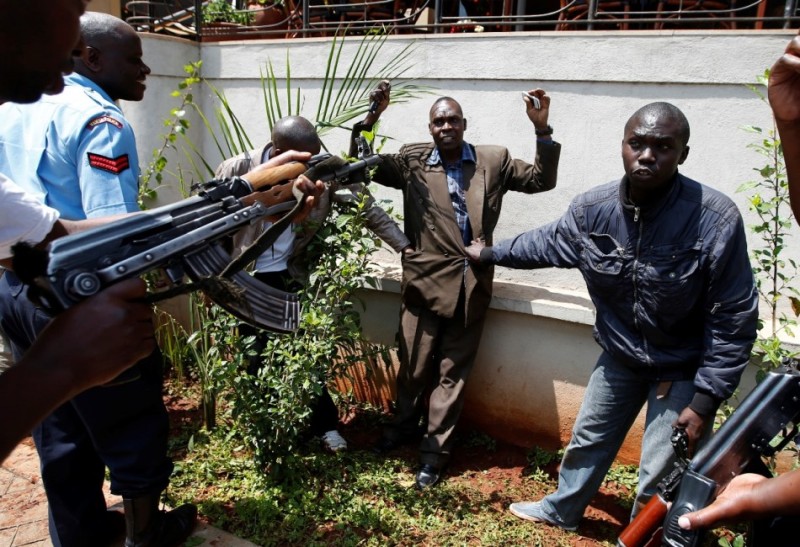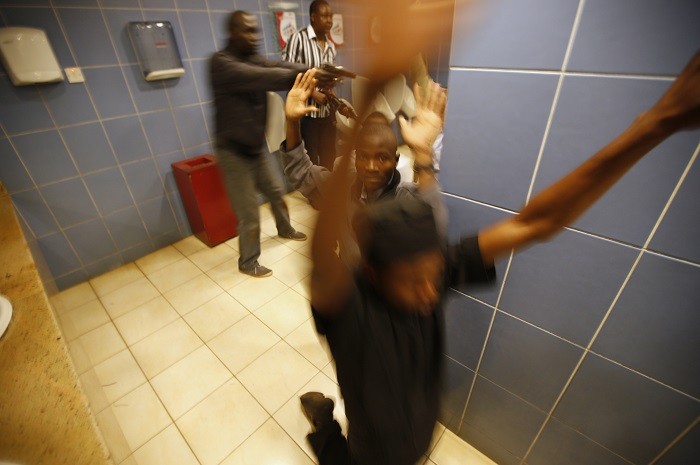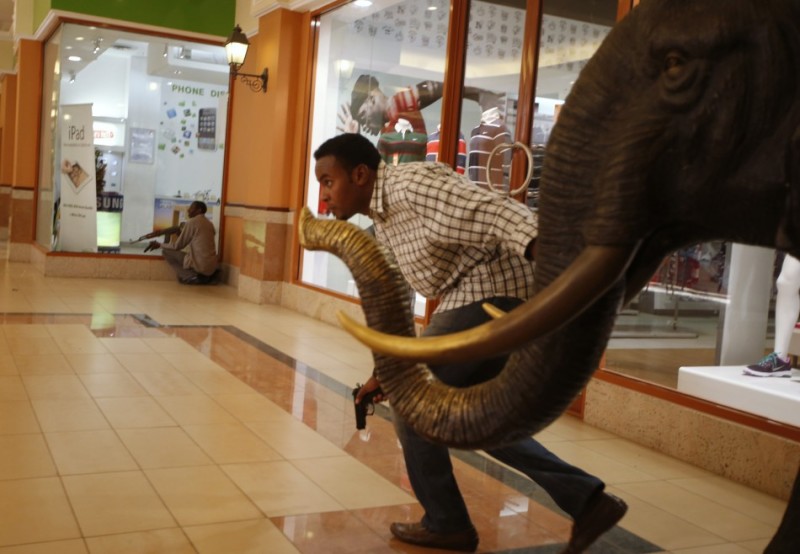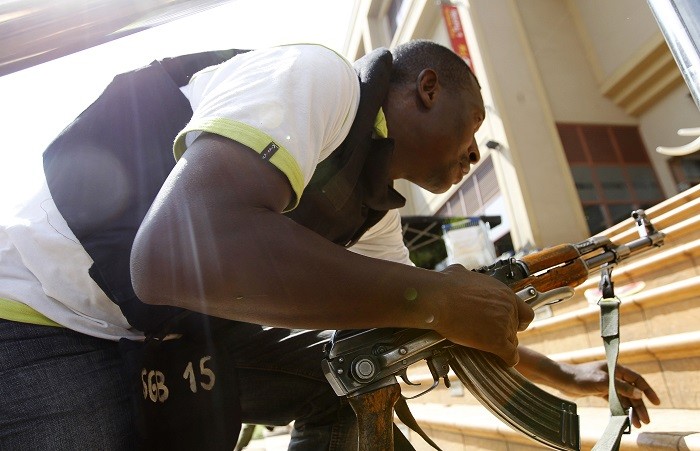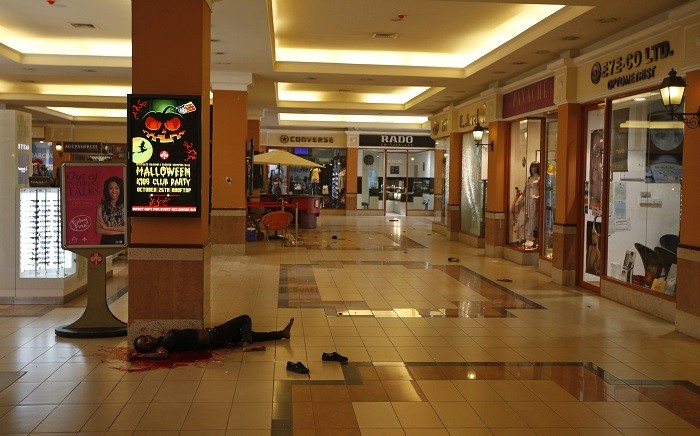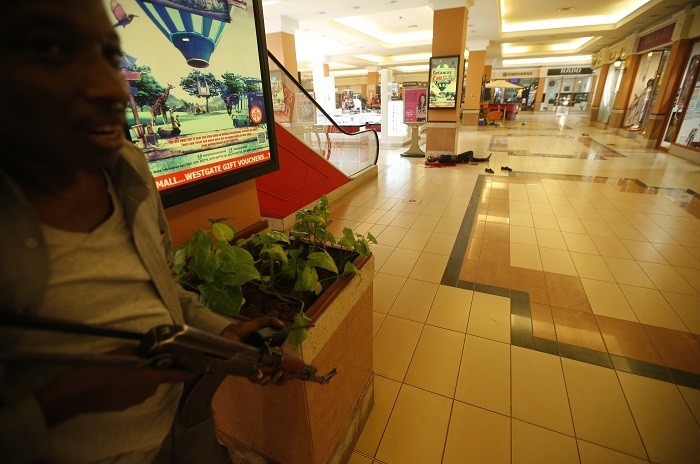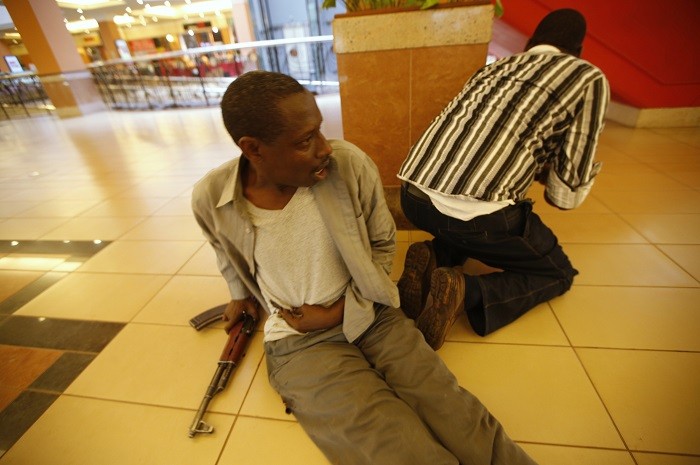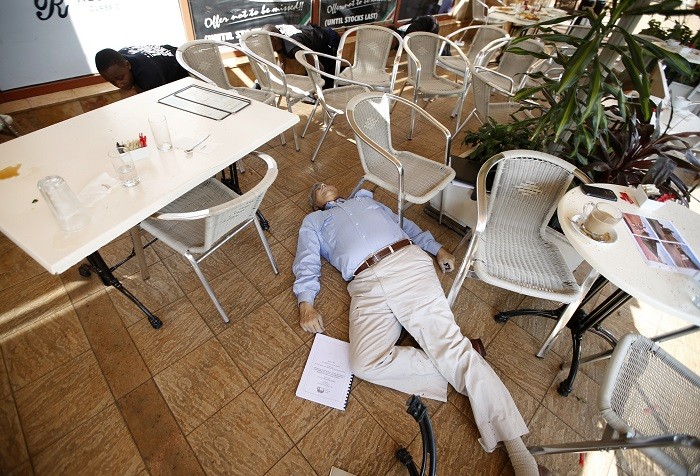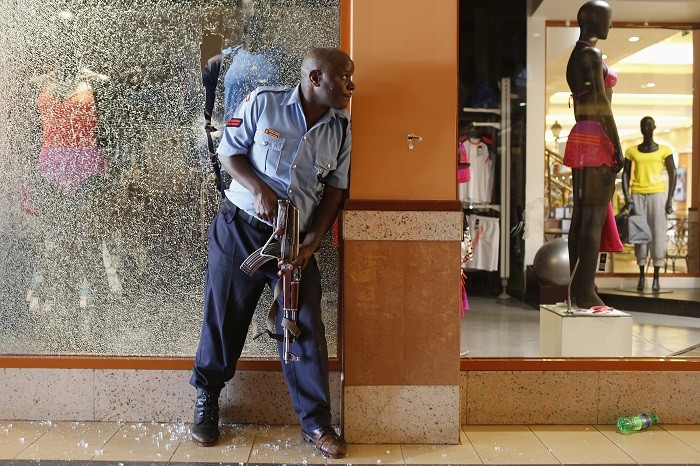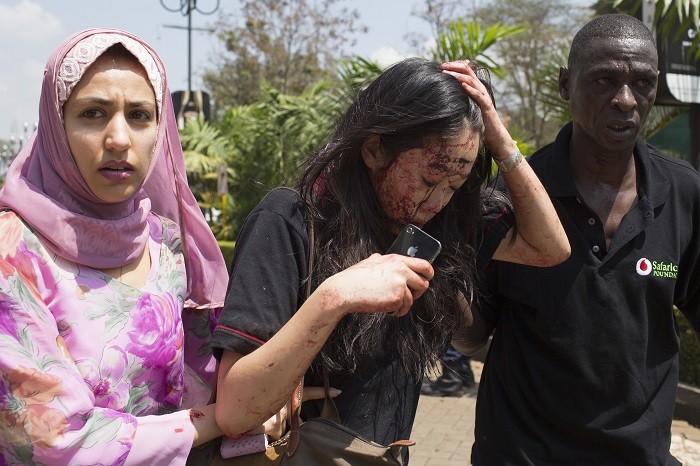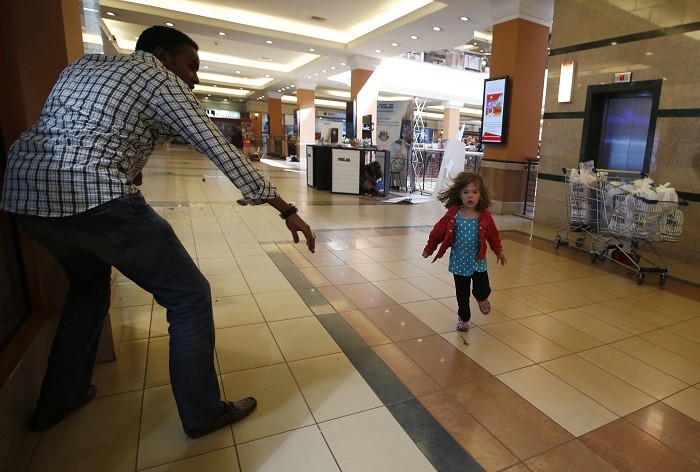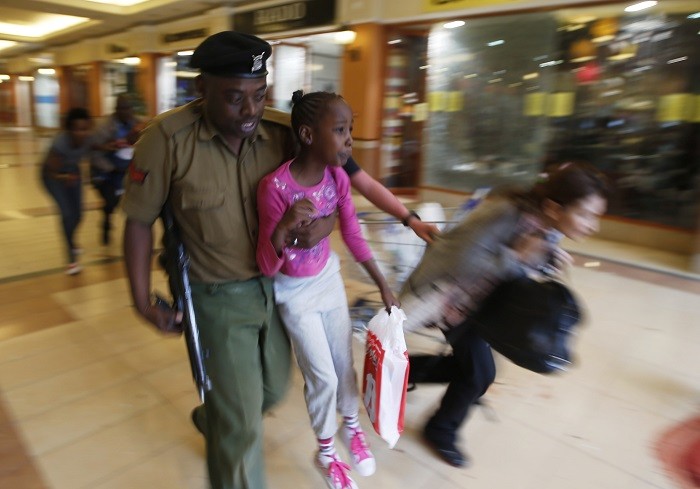Diplomats laud Prime Minister Benjamin Netanyahu’s address to the U.N. General Assembly, saying it brought honor to Israel • Professor Alan Dershowitz calls it one of the best speeches ever heard at the U.N.
Dozens of U.N. ambassadors and representatives from many countries approached Prime Minister Benjamin Netanyahu on Tuesday following his address before the General Assembly, to offer him their congratulations on a speech they said honored the State of Israel.
“This is the best combination of solid facts and reason ever spoken in the U.N.,” prominent law professor Alan Dershowitz said.
“This is one of the most brilliant speeches and best performances I have ever seen. As a law professor, I would give his speech an A+. He is sending Iran an important message that Israel will never let it develop nuclear weapons and as a last resort will even take military action. He also sent an important message to the Europeans, that they can’t allow Iran to do what North Korea did. And it also sends an important message to the Americans that they are not acting alone and that Israel is an independent country that won’t outsource its use of force or defense to American citizens.
“The speech also sent a message to The New York Times,” Dershowitz said. “You were wrong about North Korea and you were wrong about Iran, and the world has learned to ignore your opinion pages.”
Members of the Israeli delegation who accompanied Netanyahu to the U.N. also responded to the speech.
“The gimmick of this entire speech was is that you don’t need any gimmicks when you have facts. Any solution will have to stand the test of Netanyahu’s four conditions,” Homefront Defense Minister Gilad Erdan said.
“This was a speech that told the truth, the facts,” Deputy Foreign Minister Zeev Elkin said. “There is symbolism in the fact that the last sentence spoken at the U.N. General Assembly, in the face of all the lies and phony smiles, was that ‘the people of Israel will never be uprooted again.’ The president of the United States and the West speak about the fact that they intend to wait for actions. Let us all hope this happens.”
Facts versus smiles
Netanyahu told his advisors on Tuesday that the purpose of the speech was to counter smiles with facts and to illustrate the contradictions behind Hasan Rouhani’s charm offensive at the U.N.
“I feel we can puncture the Iranian balloon,” Netanyahu said on Tuesday.
Netanyahu said he was certain that it would be his message, and not Rouhani’s, that would resonate with the world’s governments and global public opinion. After his address, many representatives from different nations came to shake Netanyahu’s hand, expressing their appreciation for his words.
Netanyahu found a receptive audience during his meeting with U.S. President Barack Obama on Monday, but Obama is still undecided about his plan of action. The Americans have the upper hand, but the question of what they will do with it still remains. Netanyahu believes that now is the time to decide on a joint U.S.-Israeli policy to stop the Iranian nuclear program. Israel and the U.S. have a common goal and need to make sure that actions and not words are what decide the outcome.
Making life difficult for the Iranians
Netanyahu’s activities vis-à-vis Obama, the U.N. and the U.S. media in the coming days are meant to deflate Rouhani’s momentum, and he intends to combine reason with facts in a way that resonates.
The prime minister’s advisors this week recalled Netanyahu’s first meeting with Obama, which preceded the sanctions on Iran. It took place in 2007 in the janitor’s office at Reagan National Airport. Netanyahu was a candidate for prime minister and opposition MK and Obama was serving on the Illinois Senate. At the time, Obama asked, “What is most important to you?”
“Sanctions combined with a credible threat will stop Iran from becoming a nuclear state,” Netanyahu responded. Two weeks later, Obama proposed a Senate bill to step up the sanctions imposed on Iran.
Netanyahu believes that his recent actions has made life harder for the Iranians. His pressure is helping the Americans decide, the prime minister’s associates hedged.
Netanyahu said that Rouhani wants to turn Iran into a threshold country — a country that would be able to produce a nuclear bomb within three weeks if deciding to do so. Thus, the prime minister believes there is no change in Iran’s approach and that Rouhani is simply Supreme Leader Ayatollah Ali Khamenei’s lackey. A senior diplomatic source told Israel Hayom on Tuesday that at present, there are three significant players in the arena: Israel, Iran and the United States.
In the past the Europeans and Americans decided to impose economic sanctions on Iran as a result of Israel’s threat that if no such sanctions were imposed, it may take military action.
The Europeans’ real concern is that Israel will act alone. Netanyahu once again raised the specter of a military threat, to advance a diplomatic solution, one that will allow the negotiations with Iran to progress in the right way, without lifting the sanctions. At present, the goal of Netanyahu’s military threat is to keep the sanctions in effect.
Among Israeli politicians, reactions to the speech were mixed.
“Standing there, he honorably represented the entire nation,” said MK Eli Yishai (Shas). “I hope that his cry rouses those who are sleeping.”
“This may be Netanyahu’s most important speech of the past several decades,” said Deputy Minister Ofir Akunis.
Opposition Chairwoman Shelly Yachimovich (Labor) said that she agreed with Netanyahu’s facts but not with his presentation. “The international community must not form the impression or come to believe that the Iranian problem is solely Israel’s problem.”
“Netanyahu is going back to the old rhetoric of threats and fear-mongering,” Meretz Chairwoman Zehava Gal-On said.
————————————————————————–
Full text of speech:
I feel deeply honored and privileged to stand here before you today representing the citizens of the State of Israel.
We are an ancient people. We date back nearly 4,000 years to Abraham, Isaac and Jacob. We have journeyed through time, we’ve overcome the greatest of adversities, and we re-established our sovereign state in our ancestral homeland, the Land of Israel.
The Jewish people’s odyssey through time has taught us two things: Never give up hope. Always remain vigilant. Hope charts the future. Vigilance protects it.
Today, our hope for the future is challenged by a nuclear-armed Iran that seeks our destruction. But I want you to know that wasn’t always the case. Some 2,500 years ago, the great Persian King Cyrus ended the Babylonian exile of the Jewish people. He issued a famous edict in which he proclaimed the right of the Jews to return to the Land of Israel and rebuild the Jewish Temple in Jerusalem. That’s a Persian decree, and thus began a historic friendship between the Jews and the Persians that lasted until modern times.
But in 1979, a radical regime in Tehran tried to stamp out that friendship. As it was busy crushing the Iranian people’s hopes for democracy, it also led wild chants of “Death to the Jews!” Now, since that time, presidents of Iran have come and gone. Some presidents were considered moderates, others hardliners. But they’ve all served that same unforgiving creed, that same unforgetting regime — that creed that is espoused and enforced by the real power in Iran, the dictator known in Iran as the Supreme Leader, first Ayatollah Khomeini and now Ayatollah Khamenei. President Rouhani, like the presidents who came before him, is a loyal servant of the regime. He was one of only six candidates the regime permitted to run for office. Nearly 700 other candidates were rejected.
So what made him acceptable? Well, Rouhani headed Iran’s Supreme National Security Council from 1989 through 2003. During that time, Iran’s henchmen gunned down opposition leaders in a Berlin restaurant. They murdered 85 people at the Jewish Community Center in Buenos Aires. They killed 19 American soldiers by blowing up the Khobar Towers in Saudi Arabia. Are we to believe that Rouhani, the national security adviser of Iran at the time, knew nothing about these attacks?
Of course he did.
Just as 30 years ago, Iran’s security chiefs knew about the bombings in Beirut that killed 241 American marines and 58 French paratroopers.
Rouhani was also Iran’s chief nuclear negotiator between 2003 and 2005. He masterminded the strategy which enabled Iran to advance its nuclear weapons program behind a smokescreen of diplomatic engagement and very soothing rhetoric. Now I know Rouhani does not sound like Ahmadinejad. But when it comes to Iran’s nuclear weapons program, the only difference between them is this: Ahmadinejad was a wolf in wolf’s clothing and Rouhani is a wolf in sheep’s clothing, a wolf who thinks he can pull the wool over the eyes of the international community.
Like everyone else, I wish we could believe Rouhani’s words. But we must focus on Iran’s actions.
And it’s the brazen contrast, this extraordinary contradiction between Rouhani’s words and Iran’s actions that is so startling. Rouhani stood at this very podium last week and praised Iranian democracy. Iranian democracy, he said.
But the regime that he represents executes political dissidents by the hundreds and jails them by the thousands. Rouhani spoke of “the human tragedy in Syria.” Yet Iran directly participates in Assad’s murder and massacre of tens of thousands of innocent men, women, and children in Syria, and that regime is propping up a Syrian regime that just used chemical weapons against its own people.
Rouhani condemned the “violent scourge of terrorism.” Yet in the last three years alone Iran has ordered, planned or perpetrated terrorist attacks in 25 cities on five continents.
Rouhani denounces “attempts to change the regional balance through proxies.” Yet Iran is actively destabilizing Lebanon, Yemen, Bahrain, and many other Middle Eastern countries.
Rouhani promises “constructive engagement with other countries.” Yet two years ago, Iranian agents tried to assassinate Saudi Arabia’s ambassador in Washington, D.C.
And just three weeks ago, an Iranian agent was arrested trying to collect information for possible attacks against the American Embassy in Tel Aviv. Some constructive engagement!
I wish I could be moved by Rouhani’s invitation to join his “WAVE” — a world against violence and extremism. Yet the only waves Iran has generated in the last 30 years are waves of violence and terrorism that it has unleashed on the region and across the world.
Ladies and gentlemen, I wish I could believe Rouhani, but I don’t, because facts are stubborn things. And the facts are that Iran’s savage record flatly contradicts Rouhani’s soothing rhetoric.
Last Friday, Rouhani assured us that in pursuit of its nuclear program, Iran has “never chosen deceit … and secrecy.” Never chosen deceit and secrecy?!
Well, in 2002, Iran was caught red-handed secretly building an underground centrifuge facility at Natanz. Then in 2009, Iran was again caught red-handed secretly building a huge underground nuclear facility for uranium enrichment in a mountain near Qom.
Rouhani tells us not to worry; he assures us that all this is not intended for nuclear weapons. Do any of you believe that? If you believe that, here are a few questions that you might want to ask:
Why would a country that claims to only want peaceful nuclear energy, why would such a country build hidden underground enrichment facilities?
Why would a country with vast natural energy reserves invest billions in developing nuclear energy?
Why would a country intent on merely civilian nuclear programs continue to defy multiple Security Council resolutions and incur the costs of crippling sanctions on its economy?
And why would a country with a peaceful nuclear program develop intercontinental ballistic missiles whose sole purpose is to deliver nuclear warheads? You don’t build ICBMs to carry TNT thousands of miles away. You build them for one purpose — to carry nuclear warheads. And Iran is now building ICBMs that the United States says can reach this city in three or four years.
Why would they do all this? The answer is simple. Iran is not building a peaceful nuclear program. Iran is developing nuclear weapons.
Last year alone, Iran enriched three tons of uranium to 3.5%, doubled its stockpile of 20% enriched uranium, and added thousands of new centrifuges, including advanced centrifuges. It also continued work on the heavy water reactor in Arak. That’s in order to have another route to the bomb — a plutonium path.
And since Rouhani’s election — and I stress this — this vast and feverish effort has continued unabated.
Ladies and gentlemen: underground nuclear facilities?
Heavy water reactors?
Advanced centrifuges?
ICBMs?
It’s not that it’s hard to find evidence that Iran has a nuclear weapons program. It’s hard to find evidence that Iran doesn’t have a nuclear weapons program.
Last year when I spoke here at the U.N., I drew a red line. Iran has been very careful not to cross that line. But Iran is positioning itself to race across that line in the future at a time of its choosing. Iran wants to be in a position to rush forward to build nuclear bombs before the international community can detect it, much less prevent it.
Yet Iran faces one big problem, and that problem is summed up in one word: sanctions.
I have argued for many years, including on this podium, that the only way to peacefully prevent Iran from developing nuclear weapons is to combine tough sanctions with a credible military threat. And that policy is today bearing fruit. Thanks to the effort of many countries, many represented here, and under the leadership of the United States, tough sanctions have taken a big bite out of Iran’s economy. Oil revenues have fallen. The currency has plummeted. Banks are hard pressed to transfer money.
So as a result, the regime is under intense pressure from the Iranian people to get the sanctions removed. That’s why Rouhani got elected in the first place. That’s why he launched his charm offensive.
He definitely wants to get the sanctions lifted, I guarantee you that, but he doesn’t want to give up Iran’s nuclear weapons program in return.
Now, here’s the strategy to achieve this:
First, smile a lot. Smiling never hurts. Second, pay lip service to peace, democracy and tolerance. Third, offer meaningless concessions in exchange for lifting sanctions. And fourth, and the most important, ensure that Iran retains sufficient nuclear material and sufficient nuclear infrastructure to race to the bomb at a time that it chooses to do so. You know why Rouhani thinks he can get away with this? I mean, this is a ruse, it’s a ploy. Why does Rouhani think he can get away with it? Because he’s gotten away with it before. Because his strategy of talking a lot and doing little has worked for him in the past. He even bragged about it. Here’s what he said in his 2011 book about his time as Iran’s chief nuclear negotiator: “While we were talking to the Europeans in Tehran, we were installing equipment in Isfahan.”
For those of you who don’t know, the Isfahan facility is an indispensable part of Iran’s nuclear weapons program. That’s where uranium ore called yellowcake is converted into an enrichable form. Rouhani boasted, and I quote: “By creating a calm environment, we were able to complete the work in Isfahan.”
He fooled the world once. Now he thinks he can fool it again. You see, Rouhani thinks he can have his yellowcake and eat it too.
And he has another reason to believe that he can get away with this, and that reason is called North Korea.
Like Iran, North Korea also said its nuclear program was for peaceful purposes. Like Iran, North Korea also offered meaningless concessions and empty promises in return for sanctions relief. In 2005, North Korea agreed to a deal that was celebrated the world over by many well-meaning people. Here is what The New York Times editorial had to say about it: “For years now, foreign policy insiders have pointed to North Korea as the ultimate nightmare … a closed, hostile and paranoid dictatorship with an aggressive nuclear weapons program. Very few could envision a successful outcome. And yet North Korea agreed in principle this week to dismantle its nuclear weapons program, return to the NPT, abide by the treaty’s safeguards and admit international inspectors. … Diplomacy, it seems, does work after all.”
End quote.
Ladies and gentlemen, a year later, North Korea exploded its first nuclear weapons device.
Yet as dangerous as a nuclear-armed North Korea is, it pales in comparison to the danger of a nuclear-armed Iran. A nuclear-armed Iran would have a chokehold on the world’s main energy supplies. It would trigger nuclear proliferation throughout the Middle East, turning the most unstable part of the planet into a nuclear tinderbox. And for the first time in history, it would make the specter of nuclear terrorism a clear and present danger.
A nuclear-armed Iran in the Middle East wouldn’t be another North Korea. It would be another 50 North Koreas!
I know that some in the international community think I’m exaggerating this threat. Sure, they know that Iran’s regime leads the chants of “Death to America!” and “Death to Israel!”, that it pledges to wipe Israel off the map. But they think this wild rhetoric is just bluster for domestic consumption. Have these people learned nothing from history?
The last century has taught us that when a radical regime with global ambitions gets awesome power, sooner or later, its appetite for aggression knows no bounds. That’s the central lesson of the 20th century. Now, we cannot forget it.
The world may have forgotten this lesson. The Jewish people have not.
Iran’s fanaticism is not bluster. It’s real. This fanatic regime must never be allowed to arm itself with nuclear weapons.
I know that the world is weary of war. We in Israel, we know all too well the cost of war. But history has taught us that to prevent war tomorrow, we must be firm today.
This raises the question: Can diplomacy stop this threat?
Well, the only diplomatic solution that would work is one that fully dismantles Iran’s nuclear weapons program and prevents it from having one in the future. President Obama rightly said that Iran’s conciliatory words must be matched by transparent, verifiable and meaningful action, and to be meaningful, a diplomatic solution would require Iran to do four things. First, cease all uranium enrichment. This is called for by several Security Council resolutions. Second, remove from its territory the stockpiles of enriched uranium. Third, dismantle the infrastructure for a nuclear breakout capability, including the underground facility near Qom and the advanced centrifuges in Natanz. And fourth, stop all work at the heavy water reactor in Arak aimed at the production of plutonium.
These steps would put an end to Iran’s nuclear weapons program and eliminate its breakout capability. There are those who would readily agree to leave Iran with a residual capability to enrich uranium. I advise them to pay close attention to what Rouhani said in a speech to Iran’s Supreme Cultural Revolutionary Council. This was published in 2005: “A country that can enrich uranium to about 3.5% will also have the capability to enrich it to about 90%. Having fuel cycle capability virtually means that a country that possesses this capability is able to produce nuclear weapons.”
Precisely. This is precisely why Iran’s nuclear weapons program must be fully and verifiably dismantled. And this is why the pressure on Iran must continue.
So here’s what the international community must do. First, keep up the sanctions. If Iran advances its nuclear weapons program during negotiations, strengthen the sanctions.
Second, don’t agree to a partial deal. A partial deal would lift international sanctions that have taken years to put in place in exchange for cosmetic concessions that will take only weeks for Iran to reverse. Third, lift the sanctions only when Iran fully dismantles its nuclear weapons program.
My friends, the international community has Iran on the ropes. If you want to knock out Iran’s nuclear weapons program peacefully, don’t let up the pressure. Keep it up.
We all want to give diplomacy with Iran a chance to succeed. But when it comes to Iran, the greater the pressure, the greater the chance.
Three decades ago, President Ronald Reagan famously advised: Trust but verify. When it comes to Iran’s nuclear weapons program, here’s my advice: Distrust, dismantle, and verify.
Ladies and gentlemen, Israel will never acquiesce to nuclear arms in the hands of a rogue regime that repeatedly promises to wipe us off the map. Against such a threat, Israel will have no choice but to defend itself. I want there to be no confusion on this point: Israel will not allow Iran to get nuclear weapons. If Israel is forced to stand alone, Israel will stand alone. Yet in standing alone, Israel will know that we will be defending many, many others. The dangers of a nuclear-armed Iran and the emergence of other threats in our region have led many of our Arab neighbors to finally recognize that Israel is not their enemy. This affords us the opportunity to overcome historic animosities and build new relationships, new friendships, new hopes. Israel welcomes engagement with the wider Arab world. We hope that our common interests and common challenges will help us forge a more peaceful future.
And Israel continues to seek a historic peace with our Palestinian neighbors, one that ends our conflict once and for all. We want a peace based on security and mutual recognition in which a demilitarized Palestinian state recognizes the Jewish state of Israel. I remain committed to achieving a historic conciliation and building a better future for Israelis and Palestinians alike.
Now, I have no illusions about how difficult this will be to achieve. Twenty years ago, the peace process between Israel and the Palestinians began. Six Israeli prime ministers, myself included, have not succeeded in achieving peace with the Palestinians. My predecessors were prepared to make painful concessions. So am I.
But so far, Palestinian leaders haven’t been prepared to offer the painful concessions they must make to end the conflict. For peace to be achieved, the Palestinians must finally recognize the Jewish state and Israel’s security needs must be met. I am prepared to make an historic compromise for a genuine and enduring peace. But I will never compromise on the security of my people and of my country of the one and only Jewish state.
Ladies and gentlemen, one cold day in the late 19th century, my grandfather Nathan and his younger brother Judah were standing in a railway station in the heart of Europe. They were seen by a group of anti-Semitic hoodlums who ran towards them waving clubs, screaming, “Death to the Jews!”
My grandfather shouted to his younger brother to flee and save himself. And he then stood alone against the raging mob to slow it down. They beat him senseless. They left him for dead. Before he passed out, covered in his own blood, he said to himself: “What a disgrace! What a disgrace! The descendants of the Maccabees lie in the mud, powerless to defend themselves.”
He promised himself then that if he lived, he would take his family to the Jewish homeland to help build a future for the Jewish people. I stand here today as Israel’s prime minister because my grandfather kept that promise.
So many other Israelis have a similar story: a parent or a grandparent who fled every conceivable oppression, and came to Israel to start a new life in our ancient homeland.
Together, we’ve transformed a bludgeoned Jewish people left for dead into a vibrant, thriving nation, defending itself with the courage of modern Maccabees, developing limitless possibilities for the future.
In our time, the biblical prophecies have been realized. As the prophet Amos said:
They shall rebuild ruined cities and inhabit them,
They shall plant vineyards and drink their wine,
They shall till gardens and eat their fruit.
And I will plant them upon their soil, never to be uprooted again.
Ladies and gentlemen, the people of Israel have come home, never to be uprooted again.

